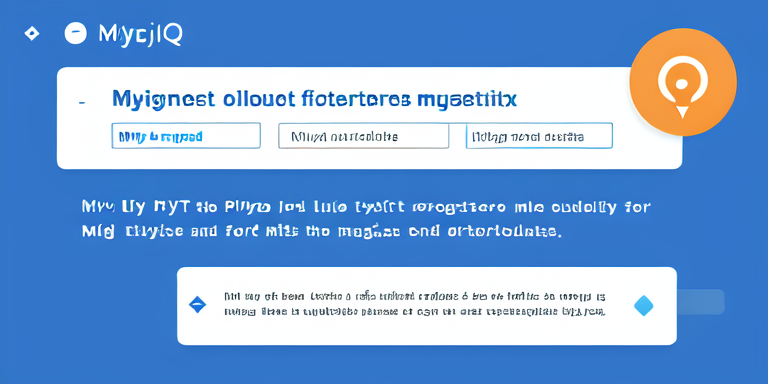Create a Full-Text Index in Migration Files with Django 1.7
2015-09-03 20:48 (10 years ago)
ytyng

This is a method to create a full-text index in MySQL using the DB migration feature in Django 1.7 and above.
By the way, MySQL 5.6 and above allows you to create full-text indexes in InnoDB as well.
First, you need to install the sqlparse module.
$ pip install sqlparse
In advance, create a text field in your model for applying the full-text index.
class HogeSearch(models.Model):
...
search_text = models.TextField(default='', blank=True)
Then, generate a normal migration file first.
$ ./manage.py makemigrations hogeapp
Next, create an empty migration file.
$ ./manage.py makemigrations hogeapp --empty
When you look at the created migration file, you will see a list called operations. Insert a migrations.RunSQL instance into this list.
# -*- coding: utf-8 -*-
from __future__ import unicode_literals
from django.db import models, migrations
class Migration(migrations.Migration):
dependencies = [
('hogeapp', '0001_initial'),
]
operations = [
migrations.RunSQL(
"CREATE FULLTEXT INDEX i_search_text ON hogeapp_hogemodel (search_text)",
"DROP INDEX i_search_text ON hogeapp_hogemodel"),
]
The second argument of migrations.RunSQL is SQL for reverse migration, so it is not mandatory. (However, if it is not provided, attempting reverse migration (e.g., ./manage.py migrate hogeapp 0001) will cause a Migration.IrreversibleError exception and fail.)
When you execute the created migration, the full-text index will be applied.
$ ./manage.py migrate hogeapp
We look forward to discussing your development needs.